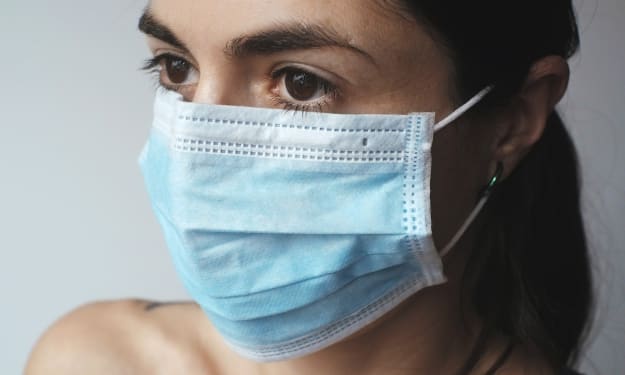Preventing Health Issues From Wildfire Smoke
Millions of acres of land have burned in California and Oregon, an added risk to the population is breathing wildfire smoke.

The western coast of the United States is suffering some of the largest wildfires in history, reports state that in California wildfires have burned over 3.2 million acres of land. Firefighters are battling 28 wildfires in the state. In Oregon more than one million acres of land have been burned and at least 10% of the state’s population is under evacuation orders. These unprecedented wildfires have impacted wildlife, destroyed homes and property, caused serious injuries and even death and compromised the air’s quality. News outlets have published photos from the Bay Area showing a grim red sky filled with smoke from nearby wildfires. Wildfires not only destroy vegetation and property, but the smoke poses a serious health risk for the population near them.
Why is Wildfire Smoke Dangerous?
Wildfire smoke contain gases, tiny particles and pollutants that could cause respiratory and cardiovascular illnesses. Anyone that inhales these toxic particles could get sick, but those with pre-existing conditions such as asthma or other respiratory diseases are more vulnerable to the toxic air. People who have a higher risk of suffering severe health issues from breathing in this toxic air include pregnant women, children, the elderly, and people with respiratory and heart conditions.
Health Effects of Breathing Wildfire Smoke
The CDC states that some of the reactions your body can have to wildfire smoke are irritated and watery eyes, irritated throat and lungs resulting in coughing and shortness of breath. People who suffer from asthma could have asthma attacks caused by the polluted air. Other symptoms include chest pain, headaches, and runny nose. The small particles in wildfire smoke could also cause other serious illnesses such as bronchitis or worsen existing heart and lung conditions.
What Can I Do To Prevent Lung Damage
Close doors and windows
Limit your exposure to smoke, try to stay indoors as much as possible and keep doors and windows in your home closed. Closing windows and doors prevents wildfire smoke and particles from entering your home. If your home gets too hot, turn on ceiling fans or the air conditioning to keep cool, but avoid opening windows even during the night. If you don’t have an air conditioner and it’s too hot, try to seek shelter elsewhere to avoid suffering from a heat related illness. You can also use an indoor air filter to remove fine particles from the air and protect people who have a higher risk of a respiratory illness.
Limit outdoor activities
Limit any outdoor activities by only going out of your home for necessary things such as grocery shopping or your job. During the pandemic many grocery stores, restaurants and other businesses have started offering delivery services, take advantage of these services if you can to avoid exposing yourself to the unhealthy air.
Keep the air inside your home clean
Avoid lighting candles, smoking or using a vacuum cleaner. These objects can further pollute the air inside your home. If you have an air purifier, even one with limited capacity, you can use it to clean the air in your home or designate a “clean room” where the purifier will be running.
If you have asthma or other respiratory illnesses and you experience symptoms of smoke exposure, seek medical help immediately.
If you live near a wildfire and the air quality has been compromised, follow these simple safety tips to stay healthy. Keep yourself and your family informed on your community’s police and fire department reports. If you are asked to evacuate do so immediately and follow the authorities’ instructions. Don’t return to your home until you are instructed that it is safe to do so. Once it is safe for you to return home assess the damages and contact an injury attorney if you believe that you are entitled to compensation for your injuries and property damages.





Comments
There are no comments for this story
Be the first to respond and start the conversation.